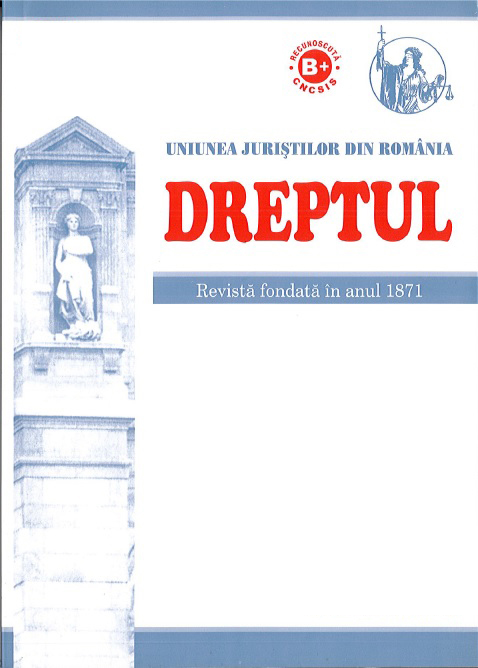This paper analyses the concepts of harmonization, approximation of laws and the establishing of minimum norms in EU law, with an emphasis on the criminal European law. These notions are followed since their creation, first in the internal market and then, in the area of freedom, security and justice, through all avatars they got through alongside the evolution of the EU integration process. Without a legal definition, the meaning of those concepts was created and then partially contested by legal authors. Though, there is still a debate between some authors about the differences in the nuances of those legal notions specific to EU law, the majority of legal thinking agreed that all these notions are reflecting the same idea of vertical integration of EU law. Another major influence upon defining those concepts in the criminal European law was represented by the EU Court of Justice case-law in the Environmental Crimes Case and Shipping Pollution Case, setting out, for the first time, a constitutional basis for the creation of criminal European law: the principle of effectiveness combined with the principle of loyal cooperation. The final part of this study analyses the harmonization and the establishment of minimum standards in criminal European law in post-Lisbon era, taking into consideration all important changes brought by this treaty, such as the fully constitutional basis for harmonization and mutual recognition in the criminal law area of the EU.


